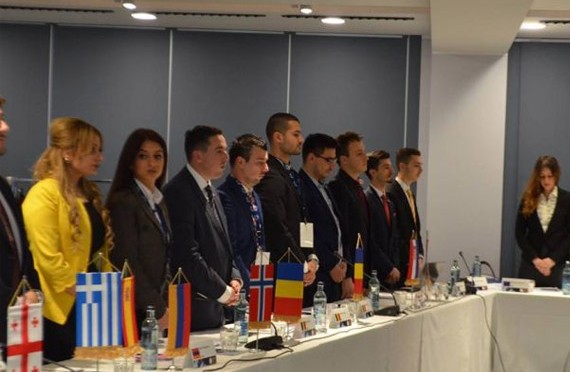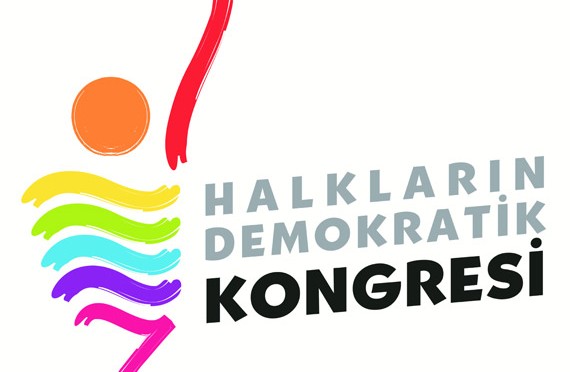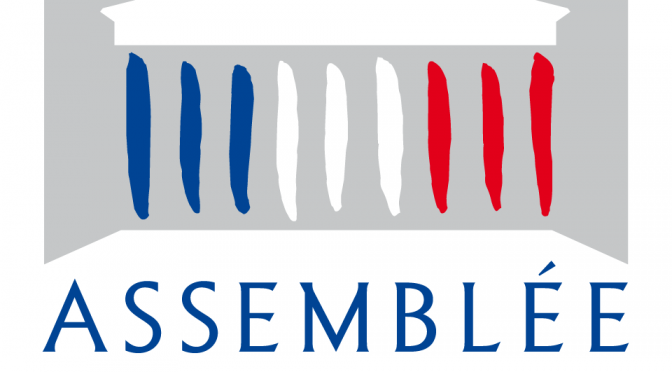Month: December 2015
-

European Democrat Students adopts resolution to recognize Armenian Genocide
(armeniangenocide100.org) European Democrat Students (EDS) of the European People’s Party adopted a resolution condemning the Armenian Genocide, Armenpress reports. The resolution had been included in the agenda of EDS Council at the suggestion of the Youth Organization of the Republican Party of Armenia. The latter joined EDS in summer of 2015. The resolution condemns the…
-

Peoples’ Democratic Congress of Turkey urges Armenian Genocide recognition
(armeniangenocide100.org) Peoples’ Democratic Congress of Turkey (HDK) issued Wednesday, December 9, a statement addressed to the Turkish state on the occasion of the International Day of Commemoration and Dignity of the Victims of the Crime of Genocide and of the Prevention of this Crime, Armenpress reports citing Demokrathaber.net. Signed by HDK Co-spokespersons Sebahat Tuncel and…
-

France’s Genocide Criminalization Bill Sent to Justice Commission
(asbarez.com) PARIS—France’s National Assembly Thursday voted to send a bill criminalizing the denial of the Armenian Genocide, introduced by Valérie Boyer, back to the Justice Commission, which had discussed the measure on November 25. The majority of the parliament members who took turns to speak supported the measure with 26 votes cast in favor and…
-

Spain’s Aragon recognizes Armenian Genocide
(armeniangenocide100.org) Parliament of Aragon, Spain, adopted Wednesday, December 2, a declaration recognizing and condemning the Armenian Genocide. Introduced by MP Gregorio Briz Sánchez, the document pays homage to the over 1.5 million Armenian victims killed by the Ottoman Empire and calls on all Turkish institutions, including the government, to acknowledge the historical fact. In addition,…